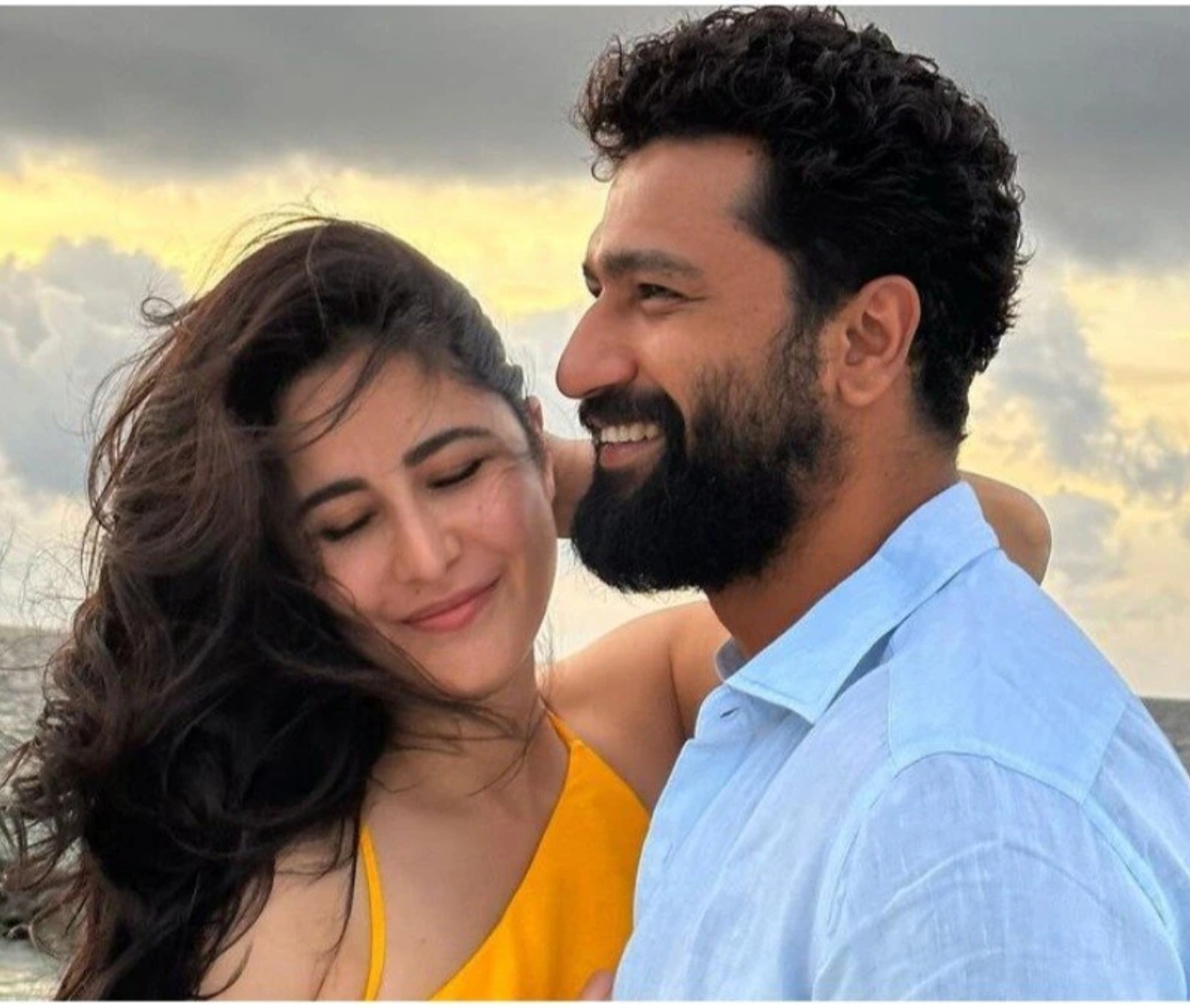The ancient epic of Mahābhārata is one of two Smṛti texts which narrates various folds of life through the battle of Kurukṣetra. The story of the Mahābhārata unfolds the complexity of the human mind and provides solutions to cultivate inner peace as well as manage anger. Amongst many teachings, the text provides a navigating method for emotional well-being while listening to Dharmā. One of the key lessons that the Mahābhārata sheds light on is the emotion of anger, as it corrodes the human mind entirely.
Emotions Thorough Mahābhārata
There are many examples throughout the epic of characters depicting different emotions having the root cause of anger. One such prime character is the eldest of the Kaurava: Duryodhana, who had witnessed the dangers of anger and jealousy. Despite various advice from people, he refused to let go of his anger, which resulted in his downfall during the catastrophic war of Kurukṣetra. The half-brother of Dhr̥tarāṣṭra and Pandu, Vidurā: had advised Duryodhana to control his anger or face unimaginable consequences. In the Udoyogā Parv of the Mahābhārata, Vidurā: expresses his concern towards Duryodhana: stating that anger is the enemy and calmness is the greatest weapon against it.
In contrast with Duryodhana, the character of Yudhiṣṭhira the eldest of the five Pāṇḍavas exhibited emotional restraint. He chose the path of diplomacy and rational decision making . The epic of Mahābhārata through its various characters reminds us the importance of understanding human emotions . The wise elder of the Kuru dynasty Bhiṣmā: often focuses on the negative consequences of anger . According to Shanti he explains that anger is one’s biggest enemy as it clouds the mind that leads to mistakes. To overcome anger he recommend practicing forgiveness (Kṣamā) and (Dhārma: ) to overcome anger.
Another prime example of a character that remained calm in challenging situations is Āṛjun. He demonstrates the power of remaining calm under pressure. In the chapter of Mahābhārata, as Āṛjun disguised himself as Brihannala, he faced slander and insults, which did not make him demotivated towards the duty of his work. Addressing his reluctance and restraint from fighting the war, Kṛṣṇā reflects on the emotion of confusion, which is a by-product of anger and forgetfulness, creating the destruction of the mind.
Kṛṣṇā: The Wise One
As Kṛṣṇā advised Āṛjun on the value of emotional stability and control. Kṛṣṇā , in Śrīmad-Bhāgavatam, states that anger rises from unfulfilled desires and attachments. Modern-day techniques like jounaling, dancing, and mindful reading reflect on Kṛṣṇā’s teaching creating a framework to develop inner discipline.
Similary, amongst many warriors, one more such warrior practiced having a peaceful mindset was Shalya’s son. He openly disapproved of the war and the unjust treatment towards the Pandav. His wavering commitment towards Dhārma reflects the wisdom embedded in Mahābhārata.
In the rising digital era, where cancel culture is becoming normalized. The text of the Mahābhārata provides solutions to the spiraling misunderstandings .Through these stories, the Mahābhārata teaches the art of life management by practicing simple methods that make life easier. Such as forgiveness, self-control, and mindfulness remind us that staying calm not only benefits us but also helps create harmony in our ecosystem.









![]Newly elected Pope Leo X](https://www.newsx.com/wp-content/uploads/2025/05/Pope-Leo-XIV-AI-Church-Robert-Francis-Prevost-American-Pontiff-Vatican-City-300x169.webp)














